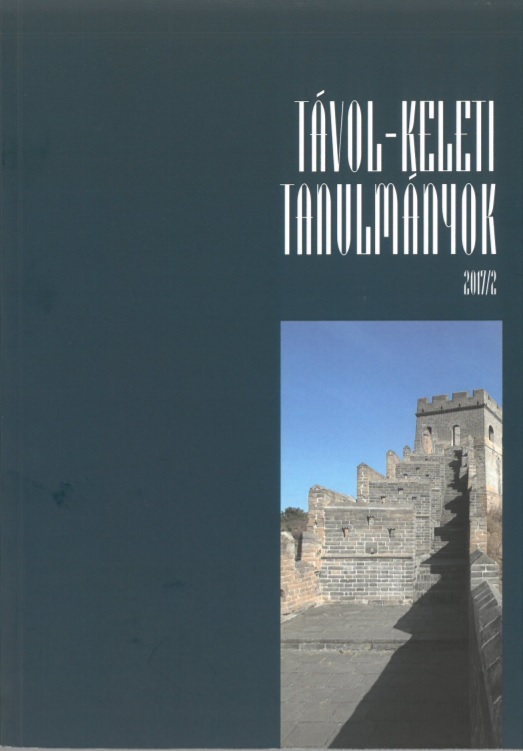Taoist Viewpoints in Language Explanation and in Value Theory 1.: Analysis of translation problems regarding the Laozi 老子 and the Zhuangzi 莊子
Published 2018-10-01
Keywords
- Laozi,
- Zhuangzi,
- translation,
- Greek philosophy,
- failures of comparison
How to Cite
Copyright (c) 2018 the author(s)

This work is licensed under a Creative Commons Attribution-NonCommercial 4.0 International License.
Abstract
The difficulty of translation is particularly relevant in case of the fundamental texts of Daoism, the Laozi 老子 and the Zhuangzi 莊子. During the process of translating and interpreting the teachings of Chinese wisdom literature, the conceptual network, if removed from the context of the language system of the original work and conformed with the European philosophical categories, will easily be misunderstood. This study explores the difficulties one faces in the translation of the key terminology of the Laozi and the Zhuangzi. Based on older and some new translations and explanations, I offer some examples when Western philosophical standards, usually deriving from Greek philosophy, cannot be applied in the interpretation of these Daoist classics, because this would distort the original conceptual structure and would result in misunderstandings.
